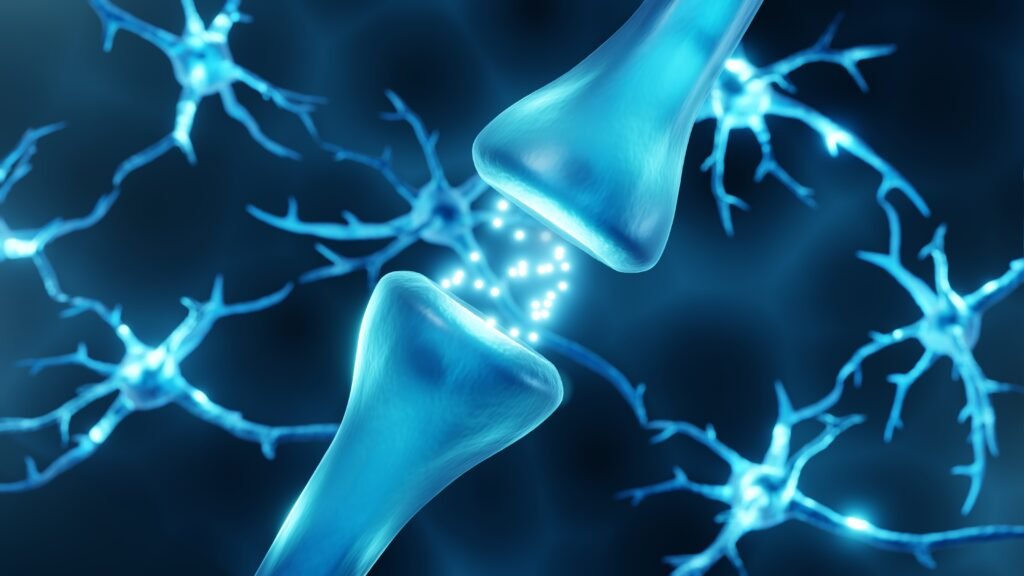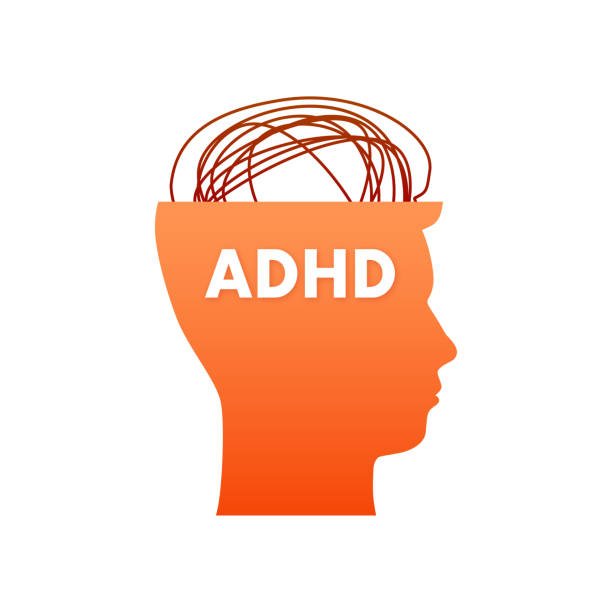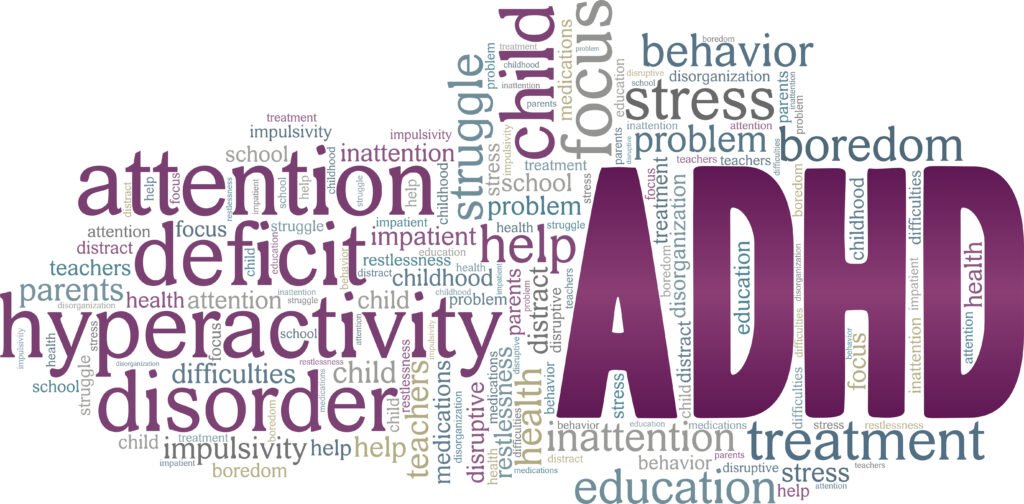Attention-Deficit/Hyperactivity Disorder (ADHD), is a neurodevelopmental disorder that affects both children and adults. It is characterised by persistent patterns of inattention, hyperactivity, and impulsivity that can impact daily functioning and quality of life. On average, it is estimated to affect around 5- 10% of children and 2-5% of adults worldwide. However, it is important to note that these figures may vary depending on the diagnostic criteria used and the specific population being studied.

• Difficulty paying attention to detail
• trouble following conversations or instructions
• difficulty sitting still
• constantly fidgeting
• Acting without thinking
• difficulty waiting for turn
• making impulsive decisions
• difficulty maintaining order or structure
• forgetting appointments or obligations

The exact causes of ADHD are not fully understood, but research suggests that it is likely a result of a combination of genetic, environmental, and neurological factors. While specific genes have been associated with an increased risk of developing ADHD, it is not solely determined by genetics. Factors such as prenatal exposure to toxins, premature birth, low birth weight, and certain brain injuries may also contribute to the development of ADHD

1. Myth: ADHD is just an excuse for laziness or bad behaviour.
Reality: ADHD is a neurobiological condition that affects the brain’s executive functions. It is not a result of laziness or poor parenting.
2. Myth: Only children can have ADHD.
Reality: While ADHD is commonly diagnosed in childhood, it can persist into adolescence and adulthood. Many adults with ADHD may have been undiagnosed or misdiagnosed during their childhood, leading to ongoing challenges in various aspects of their lives.
3. Myth: ADHD can be outgrown or cured.
Reality: ADHD is a chronic condition that typically lasts into adulthood.
4. Myth: Medication is the only treatment for ADHD.
Reality: behavioural therapy, psychoeducation, organisational strategies, and lifestyle modifications, can also be effective in managing ADHD symptoms. a result of laziness or poor parenting.
Who is likely to have ADHD?
People in the following groups may have increased prevalence of ADHD compared with the general population:
• people born preterm
• looked-after children and young people
• children and young people diagnosed with oppositional defiant disorder or conduct disorder
• children and young people with mood disorders (for example, anxiety and depression)
• people with a close family member diagnosed with ADHD
• people with epilepsy
• people with other neurodevelopmental disorders (for example, autism spectrum disorder, tic disorders or learning disability
• adults with a mental health condition
• people with a history of substance misuse
• people known to the Youth Justice System or Adult Criminal Justice System
• people with acquired brain injury